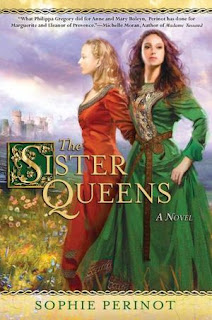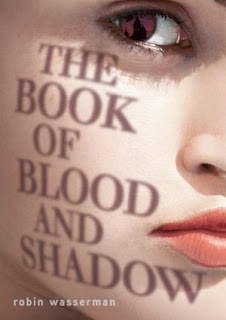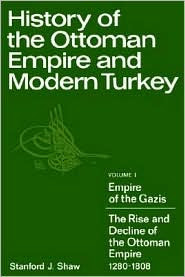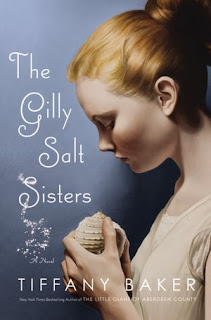 She won the 2006 Isotope Editor's Prize, has been nominated twice for the Pushcart Prize, and was a notable mention in Best American Short Stories 2010.
She won the 2006 Isotope Editor's Prize, has been nominated twice for the Pushcart Prize, and was a notable mention in Best American Short Stories 2010.Her new novel is Goliath.
Earlier this month I asked Woodring what she was reading. Her reply:
I am almost finished reading the Hunger Games trilogy and am completely obsessed! I first heard of these books a few years ago, when the first book came out. A friend recommended it, but I was reluctant to dive in. The premise was interesting to me, but not interesting enough. I read for character rather than plot. Don't get me wrong--I love a good story--but what really makes me feel invested in a novel or a story is being able to identify with the characters, at least on some level. To really enjoy a book, I need toVisit Susan Woodring's website.feel like I, as the reader, am getting to see something really spectacular or horrifying or heartbreaking about the characters. And, so, I was at first skeptical about a book that seemed, at first glance, to be so much about what happens instead of who it happens to.
When I finally did pick up The Hunger Games, I was happy to see the book has both a great plot and well-developed, intriguing characters. Haymitch, Peeta, Prim, I like them all, but it was Katniss I fell in love with. While I don't have a lot of experience with futuristic scarcity-fueled dictatorships, I was able to connect with the book because Katniss is so easy to relate to. I appreciate that she is both flawed and heroic, both strong and vulnerable. She is such a fourteen-year-old. It really warms my heart to read of her challenges and struggles. I feel both maternal towards her and like she and I could be the same person--she makes me remember was fourteen felt like, and makes me realize the part of me that's still fourteen, both fearless and utterly, constantly terrified. I love it. I'm almost finished reading the third book and both want to race ahead to see what happens and to just stop reading so that it will never end...
The Page 69 Test: Goliath.
--Marshal Zeringue
























































